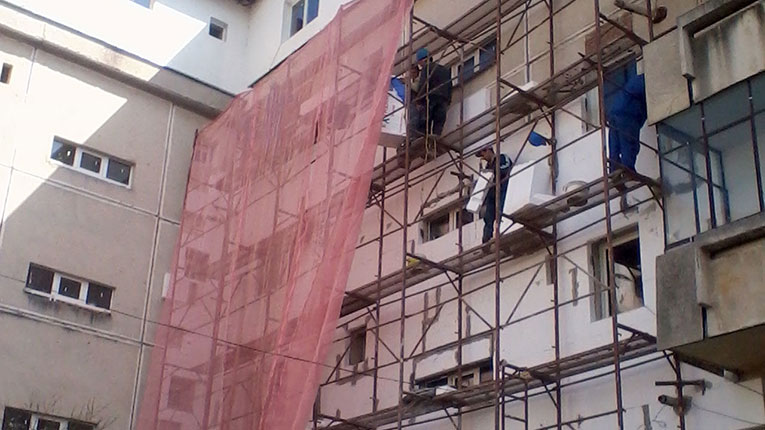The energy inefficiency of buildings is one of the major causes of energy poverty, in addition to high energy costs and low incomes of the population. The data show that the state of housing in Romania is deteriorating more and more. The situation is much more nuanced in the countryside where, according to experts from the Romanian Energy Poverty Observatory (ORSE), national building renovation programs have been completely absent until now. That is why increasing the energy efficiency of buildings, through extensive renovation programs, is a priority for reducing the burden of energy bills and citizens’ access to homes that ensure better thermal comfort. Furthermore, the Energy Efficiency Directive includes provisions for Member States to prioritize energy efficiency and building renovation measures among groups affected by energy poverty and other vulnerable categories.
“Member States shall implement energy efficiency obligation schemes, alternative policy measures or a combination thereof, or programs or measures financed from a national fund for energy efficiency, with priority, but not exclusively, among affected persons of energy poverty, of vulnerable customers, of people from low-income households and, where appropriate, of people living in social housing”, provides Directive (EU) 2023/1791 on energy efficiency of 13 September 2023.
The aforementioned normative act introduces for the first time a common definition of energy poverty at the EU level. Energy inefficiency of buildings is predicted as one of the main causes of energy poverty. According to the European definition, energy poverty is “a household’s lack of access to essential energy services, where such services ensure basic levels and decent standards of living and health, including adequate heating, hot water, cooling and lighting services, as well as the energy required for the operation of electrical appliances. This shortage is caused by a combination of factors, not least of which are unaffordability, insufficient disposable income, high energy expenditure, as well as low energy efficiency of housing.”
The ORSE data recently published show that half of the households in Romania are affected by energy poverty, that is, they are unable to ensure their energy needs for heating, lighting, etc. to adequate standards or suffer from high energy bills. For 37.3% of households, energy has become too expensive, exceeding 10% of the daily consumption basket in 2022. Also, two out of ten households (19.8%) in Romania have drastically reduced their energy consumption for heating, being in “hidden” or extreme energy poverty.
